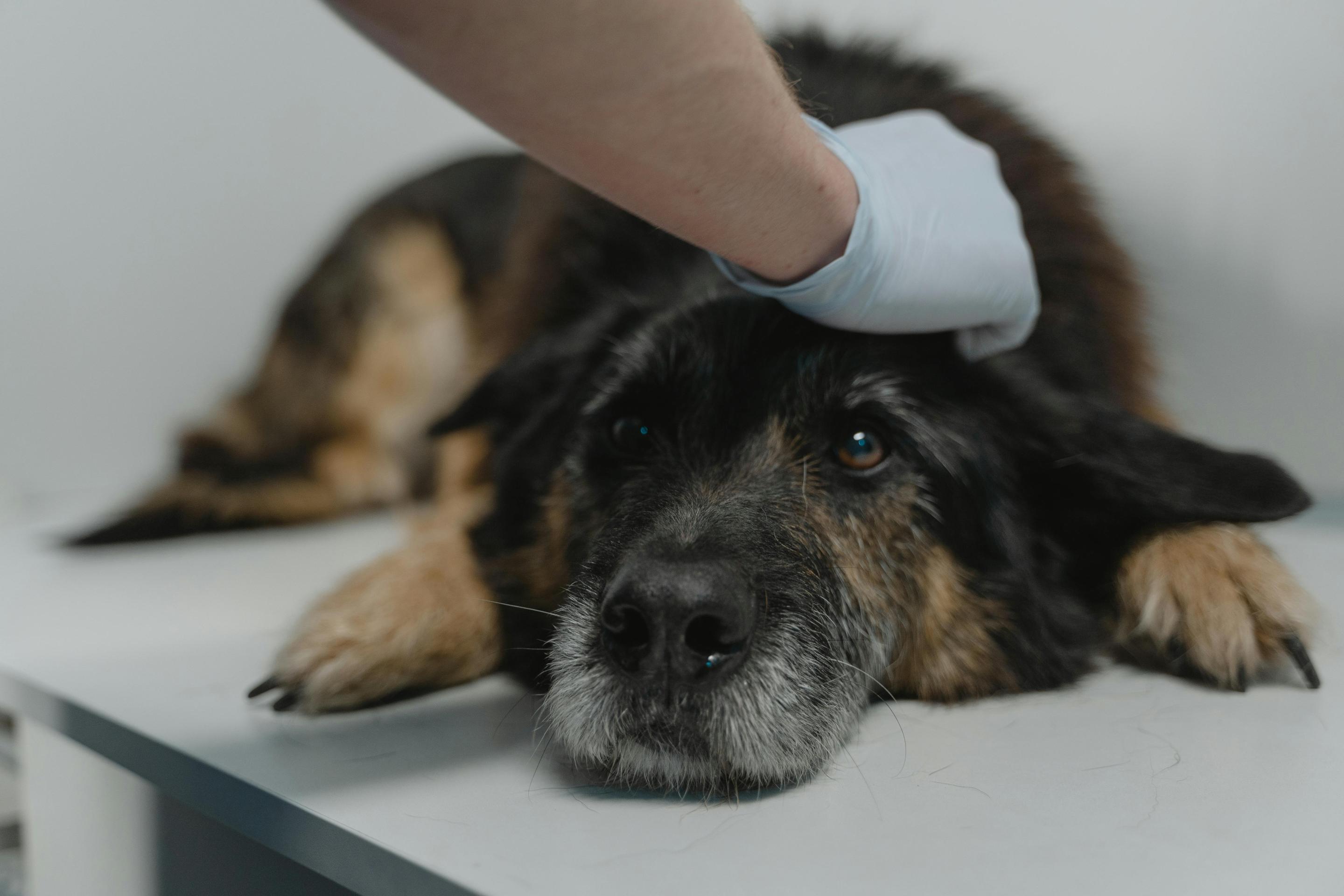As pet parents, we do everything we can to keep our furry friends happy and healthy. However, many common household items, plants, and foods can pose a danger to pets if ingested. At Ingleside Animal Hospital, we want to help you recognize potential toxins and take steps to prevent accidental poisoning.

Common Household Poisons for Pets
Foods to Avoid
Some human foods that seem harmless can be highly toxic to pets, including:
-
Chocolate – Contains theobromine, which can cause vomiting, seizures, and heart problems.
-
Grapes & Raisins – Even small amounts can lead to kidney failure in dogs.
-
Onions & Garlic – Can cause anemia and damage red blood cells.
-
Xylitol (Artificial Sweetener) – Found in sugar-free gum, peanut butter, and baked goods; can cause rapid insulin release and lead to hypoglycemia.
Household Products
Many cleaning products, medications, and other household chemicals can be harmful:
-
Over-the-Counter & Prescription Medications – Pain relievers like ibuprofen and acetaminophen are toxic to pets.
-
Cleaning Supplies – Bleach, detergents, and disinfectants can cause serious harm if ingested or inhaled.
-
Rodenticides & Insecticides – These can be fatal if consumed, so always use pet-safe pest control methods.
Toxic Plants
Certain plants can be dangerous if chewed or eaten. Some common toxic plants include:
-
Lilies (especially for cats – can cause kidney failure)
-
Aloe Vera
-
Pothos & Philodendron
-
Sago Palm (can cause liver failure)
Signs of Poisoning in Pets
If your pet has ingested something toxic, you may notice symptoms such as:
-
Vomiting or diarrhea
-
Drooling excessively
-
Lethargy or weakness
-
Tremors or seizures
-
Difficulty breathing
-
Loss of coordination
If you suspect your pet has been poisoned, seek veterinary care immediately. The sooner treatment begins, the better the chances of recovery.
Prevention Tips
-
Store all medications, cleaning products, and foods out of reach of pets.
-
Be mindful of plants inside and outside your home.
-
Avoid using toxic pest control products in pet-accessible areas.
-
Keep trash bins securely closed to prevent pets from scavenging harmful substances.
-
Know the emergency contact for pet poison control and your veterinarian.
Emergency Contacts
If you suspect poisoning, contact Ingleside Animal Hospital or a pet poison control center such as: ASPCA Animal Poison Control: (888) 426-4435
Pet Poison Helpline: (855) 764-7661
Your pet’s safety is our priority! If you have any concerns or need guidance, don’t hesitate to call us at Ingleside Animal Hospital. Together, we can keep your furry friends safe and healthy!
